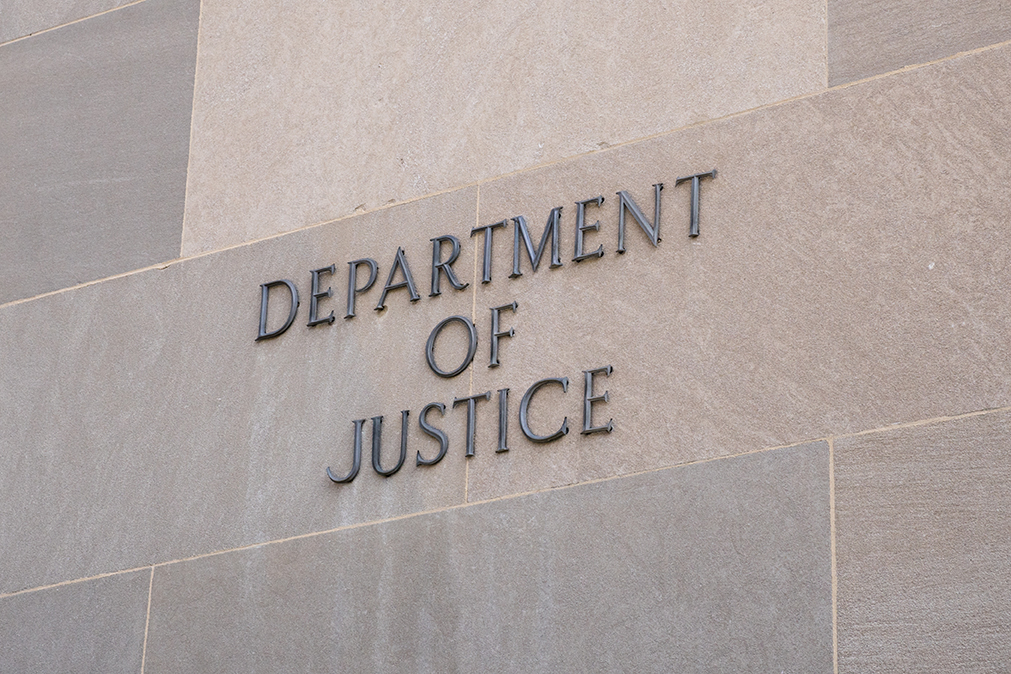Resource Library
Welcome to our resource hub, where you’ll discover valuable tools and information to support your MFour journey. This page is your go-to destination for all your needs, from informative articles to downloadable case studies.
Have questions about MFour Studio?

Consumer Express
Stay up to date on consumer trends by opting into our newsletter.
Blogs
-
Blog Post
The Illusion of Insight: Why Synthetic Panels Demand a “Nutrition Label”
In the relentless pursuit of speed and cost-efficiency, market research stands at a crossroads. The…
-
Blog Post
MFour Offers Industry Challenge
Here’s a challenge from MFour to every Market Research professional: sign up as a consumer…
-
Blog Post
PC Gaming Platform Wars: Is the Xbox App Giving Steam a Run for its Money?
When PC gamers boot up, they’re faced with a key decision: which platform gets the…
-
Blog Post
Tired of Survey Fraud? Discover The MFour Difference
Validated Insights, Real Behavior Ensures Data Quality The news has been buzzing with the recent…
-
Blog Post
Market Research Industry Rocked by $10M Fraud: Why MFour’s Approach Ensures Data Integrity.
The market research industry is reeling from a recent Department of Justice announcement detailing indictments…
-
Blog Post
AI Search is the New Battleground: Are You Visible? Introducing ChatRank.
The ground is shifting beneath your brand’s visibility. Consumers are increasingly turning to generative AI…
-
Blog Post
Consumer Spending Habits Are Shifting. Is Your Brand Prepared?
With consumer uncertainty at an all-time high, shopper behavior is shifting rapidly. MFour’s latest consumer…
-
Blog Post
Why customer experience tracking is important for business growth.
Today, customer experience (CX) has emerged as a key differentiator for businesses. The modern consumer…
-
Blog Post
What is the customer satisfaction index? Strategies for enhanced consumer loyalty and satisfaction.
Understanding and Improving Customer Satisfaction Index Are you striving to improve your customer satisfaction index?…









